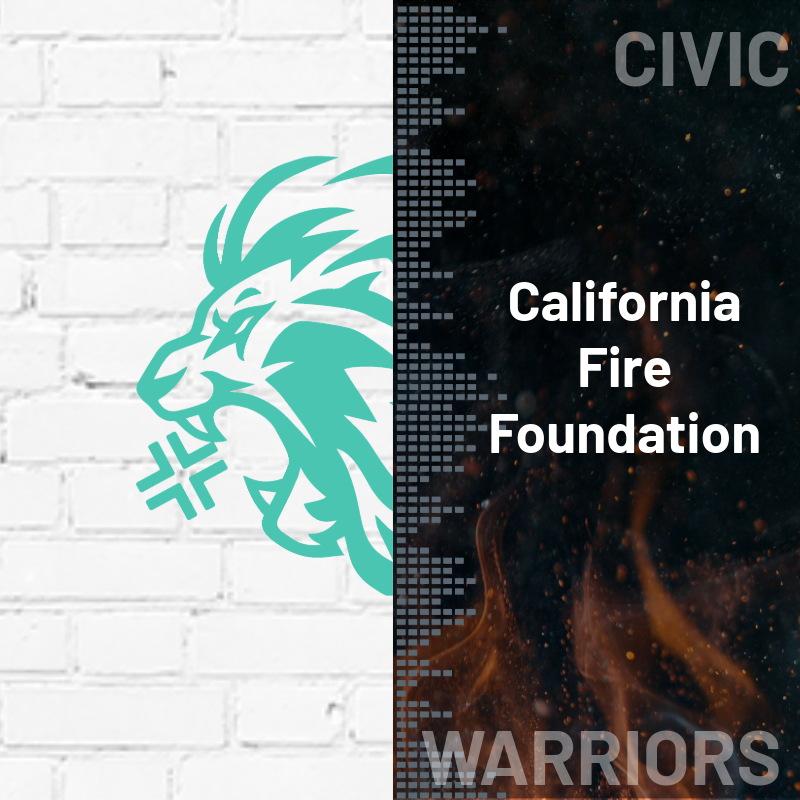Implementing A Conflict Of Interest Policy
Establishing and implementing a conflict of interest policy is considered a best practice to help avoid the loss of a not-for-profit’s tax-exempt status and maintain the trust of financial contributors and the community served. For an organization applying for tax-exempt status, the creation of a conflict of interest policy is of equal importance.
By definition, a conflict of interest is a situation in which someone in a position of trust, such as a board member, officer, management or other related party has competing, perceived or actual professional or personal interests. Such competing interests can make it difficult for an individual within the organization to fulfill their duties impartially. A conflict of interest may exist even if no unethical or improper act results from it. A conflict of interest can create an appearance of impropriety that can undermine confidence in the organization or the population it serves.
When implemented, a conflict of interest policy states that all parties and individuals involved, i.e., interested parties between the organization and its members, outside parties and employees, should be alerted to instances where there is or may be a conflict of interest. The IRS requires that such a policy be adopted before an application is filed for tax-exempt status. The policy should be written, formally adopted by the board of directors and/or trustees, and formally acknowledged by all personnel concerned on an annual basis. Protecting the organization’s interests will more likely occur when the policy is referred to, on a regular basis, when contemplating transactions and arrangements.
By adhering to a written conflict of interest policy, the organization should avoid or mitigate the pitfalls of unwittingly conferring financial benefits to interested parties at the expense of the organization. The contributing public has a right to rely on the ethical behavior of those accepting responsibility for the activities of the organization in carrying out its exempt purpose. A conflict of interest policy helps to ensure all arrangements between interested parties are at arms-length and fair. It is a good practice for board members, officers and management to acknowledge the written conflict of interest policy as confirmation of having read the declaration.
For more information about our Not-For-Profit and Education Industry, fill in the form below and our team will be in touch.
How Can We Help?



